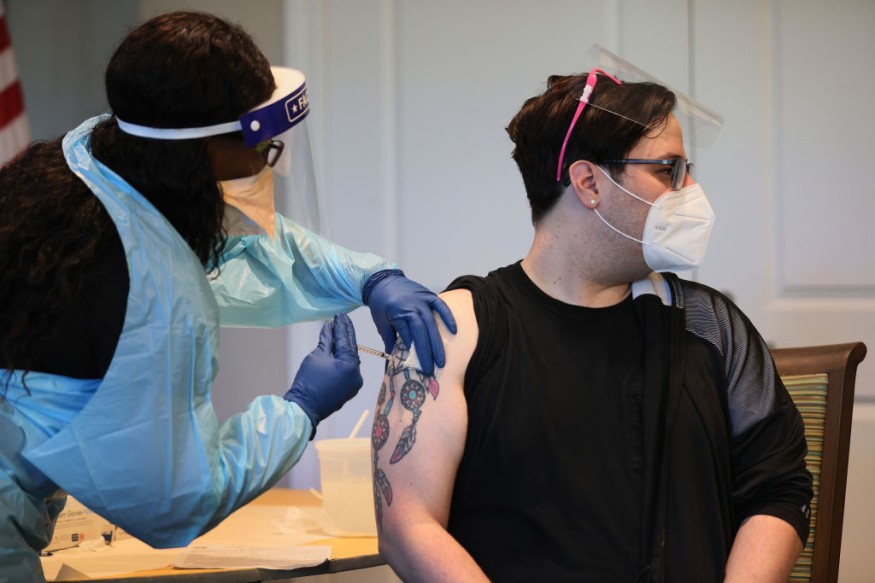Many Nursing Home Workers Still Hesitant To Get a COVID-19 Vaccine, Only 38% Say Yes

Only 38 percent of nursing home staff accepted shots when they were offered a dose of COVID-19 vaccine despite being considered a top priority for vaccination, revealed the new data from the Centers for Disease Control and Prevention (CDC) on Monday.
Dr. Radhika Gharpure, the lead author of the study and a member of the CDC's Vaccine Task Force, said these findings showed that they have a lot of work to do to increase people's confidence in the COVID-19 vaccines and to further understands the barriers to vaccination among this particular population.
Many have expressed concerns about the vaccine's side effects, while others said they did not want to be among the first to receive the vaccines, which were first approved for authorization in December. Others also said that they did not trust the government or even cited false claims about the shots, USA Today reported.
Gharpure said it was also possible that some people did not get vaccinated as they were not working when the shots were distributed or assigned in multiple facilities and were only counted at one.
Related story : Health Care Worker Dies After Second Vaccine Dose, But Family Tells Others to Get Vaccinated
Trust Issues on COVID-19 Vaccine
According to state officials in Ohio, nursing home workers were reported to be passing on their chance of early access to the COVID-19 vaccine.
Gov. Mike DeWine turned the spotlight on the issue during a televised press briefing on Wednesday, saying that around 60 percent of staffers who were offered the COVID-19 vaccine declined it, Patch reported.
Pete Van Runkle, executive director of an industry association representing Ohio's long-term care facilities, said he talks to a lot of members regularly, and they told him the pretty low uptake among staff.
Patrick Schwartz, a spokesman for Leading Age Ohio, connected the shortfalls to misinformation and fear surrounding the possibility for an adverse reaction to the COVID-19 vaccine.
Schwartz noted that many staff are simply not yet ready and hoped that it would change as they see more of their colleagues vaccinated without side effects.
"By contrast, an overwhelming majority of residents seem willing to accept the vaccine, with many coming from the generation that saw polio and other deadly diseases wiped out by life-saving vaccines," Schwarts said in the report.
The local Service Employees International Union (SEIU) surveyed its members on the issue. The responses suggest a trust problem between an exhausted, underpaid, underappreciated, and in many cases, already-infected staff and health authorities.
SEIU 1199 President Becky Williams said workers commented that the COVID-19 vaccine appeared rushed and unproven without enough data to show that it would be effective.
Williams added that some workers also expressed concern that the vaccine could cause fertility issues among women.
Issues on COVID-19 vaccine supply
Aside from the trust issues, there are also other issues that need to be addressed to vaccinate a huge portion of the population. For instance, the shortages in vaccine supplies in some states.
Hospitals and local officials said even the meager allocation of COVID-19 vaccine supplies has been unpredictable.
San Francisco earlier said that the supply its health department received could be gone right away, while New York City cautioned that its weekly supply might not last into the weekend, according to an NBC News report. Meanwhile, Baptist Health South Florida did not comment on what happened to its supply.
Read also: Portuguese Health Worker Dies Two Days After Receiving Pfizer Vaccine, Autopsy Results Unknown
Subscribe to Latin Post!
Sign up for our free newsletter for the Latest coverage!

















